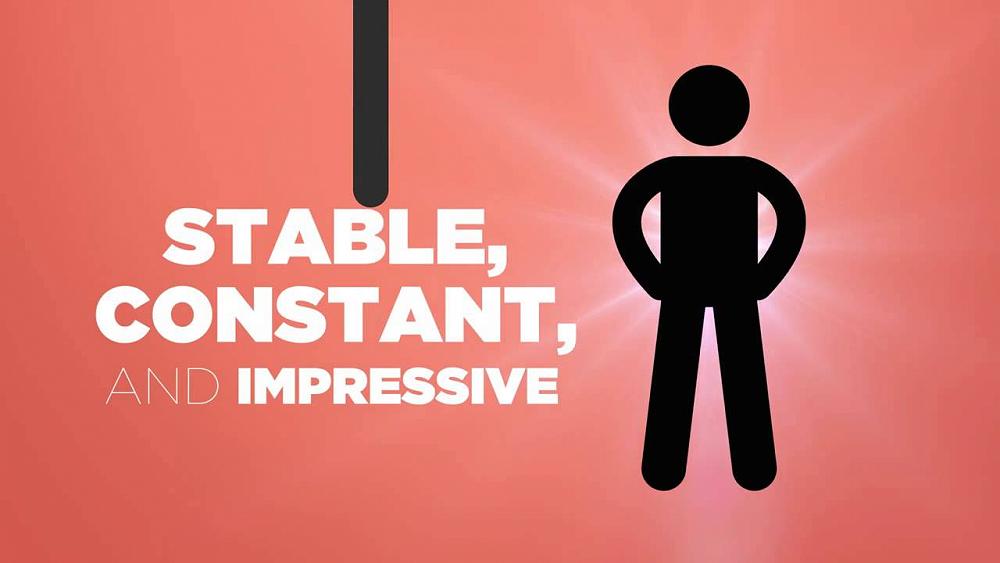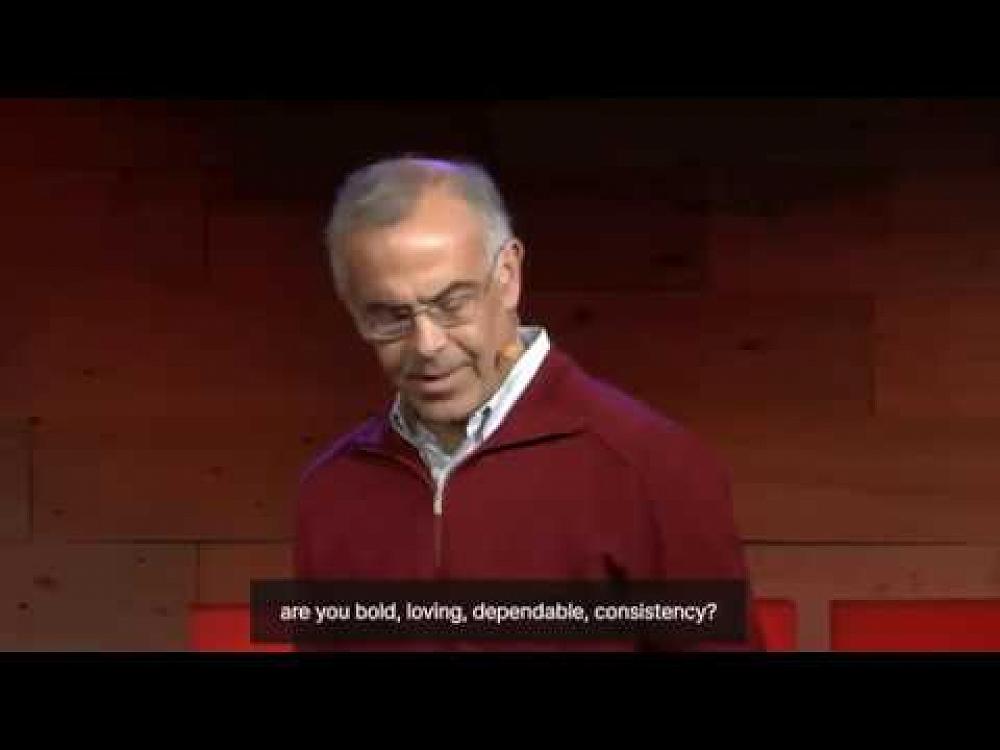
From the Deputy Rector
E tū te huru mā, haramai e noho. E tū te huru pango, hanatu e haere. Let the white hair remain here, let the black hair get up and go.
Attributed to Nukutawhiti, grandson of the great voyager Kupe, this whakataukī is pertinent as we farewell young men in Year 13 whose secondary schooling is now complete. While we as a school, and no doubt many young men, will look at this breaking of bonds with a sense of loss given the strong relationships that have been forged over the last five years, this should in fact be a time of celebration. Now is the time for these young men to leave the school gates for the final time to chase their dreams. Those of us with 'white hair' will remain to welcome the next generation of young men into the Palmy Boys' brotherhood and to continue striving towards our vision To Develop Educated Men of Outstanding Character | Hai Whakapakari i Ngā Tamatāne Kia Purapura Tuawhiti.
We wish all of the young men leaving Palmerston North Boys' High School at the end of the school year all the best for their future endeavours as they join the ranks of Old Boys of our school.
Challenge and Character
Who we are is uniquely shaped by our experiences - both the things that happen to us and the people we interact with. 2020 has been a testing year and will leave its mark on our character as our individual experiences of lockdown - the varying levels of stress our circumstances created, the varying degrees of loneliness and isolation we each experienced, the differing ongoing financial and social implications and the very real concerns about both our physical and mental health which still remain to some extent - will have left its indelible stamp on each of us.
However, while the experiences may have been and may continue to be challenging, we also have the opportunity to grow because of them.
“No man is more unhappy than he who never faces adversity. For he is not permitted to prove himself.” - Seneca
Roman philosopher Seneca understood perhaps more than most the power of struggle and the learning and knowledge that can derive from challenge. While not a popular sentiment in today's world, where much is done to remove any sense of struggle from young people's lives, there is ample evidence that facing challenges does indeed help to shape our personalities and build our character. The 'class of 2020' has, as a collective, faced greater challenges than their peers have for many decades. While there has been significant individual variation in the nature of those challenges, it is something these young men have in common. Over the last few weeks, it has been a privilege to celebrate the manner in which so many have embraced the challenges of 2020 and worked to overcome the obstacles in their way.
The Need For Purpose
Viktor Frankl, holocaust survivor and authour of Man's Search for Meaning, is unequivocal in stressing the importance of purpose. He identified that those most likely to survive their horrific experiences in the concentration camps were those who believed there was a task waiting for them to fulfill. He argued that those who see a greater meaning in their lives are able to "transform a personal tragedy into a triumph, to turn one's predicament into a human achievement."
At the recent Year 13 Leavers' Dinner guest speaker Mr. Mitchell Alexander offered advice to the young men present, suggesting that if they still don't know where they are headed in life not to panic, but to spend some time identifying their interests and the pathways that might enable them to pursue these interests in a career. Mr. Alexander also played a video he had complied with politicians from a range of different political parties answering the question "What advice would I give my 18-year-old self?" Included in the responses was the encouragement to spend time identifying your core values, the things that are really important to you, are non-negotiable and consequently should determine your actions. Both of these pieces of advice are instrumental in helping to find purpose.
Discussions with a number of young men following lockdown suggested that those who had a clear purpose - who knew what they wanted to achieve and what they wanted to focus their energies on - found the experience somewhat easier than those who did not have the same direction. This is perhaps a lesson that can be applied to the wider lives of all of us, especially young men. Parents can play an essential role in this. The upcoming summer break might provide a great opportunity for some discussions about what is truly important; what are the core values that guide your decision-making and behaviour and that of your son? What are your whānau's 'non-negotiables'? Perhaps consider writing these down and displaying them somewhere; or have your son write a letter to his future self - who does he want to be in six months or 12 months time (note that this is a very different question to what does he want to have achieved in six or 12 months time); or ask what would he like said about him in his eulogy?
David Brooks, New York Times columnist and author of 'The Road to Character' discusses 'résumé virtues' and the 'eulogy virtues.' Résumé virtues, he proposes, are those that tend to be highly valued in contemporary society: the high test scores achieved by a student or the professional accomplishments of an adult. They are the skills that are rewarded with big paychecks and public acclaim. In contrast, eulogy virtues are the aspects of character that others praise when a person isn’t around to hear it: humility, kindness, bravery. Our society exalts the résumé virtues, Brooks argues, but it overlooks the humbler eulogy virtues. Still, he writes, we know at our core that this second category of values is what matters more. Perhaps some time set aside by all of us to consider our eulogy virtues would be time well spent.
The Moral Bucket List (2 minutes) explains the difference between 'résumé virtues' and the 'eulogy virtues.'

Watch David Brooks explain the difference between 'résumé virtues' and the 'eulogy virtues' in this 5 minute TED talk.

